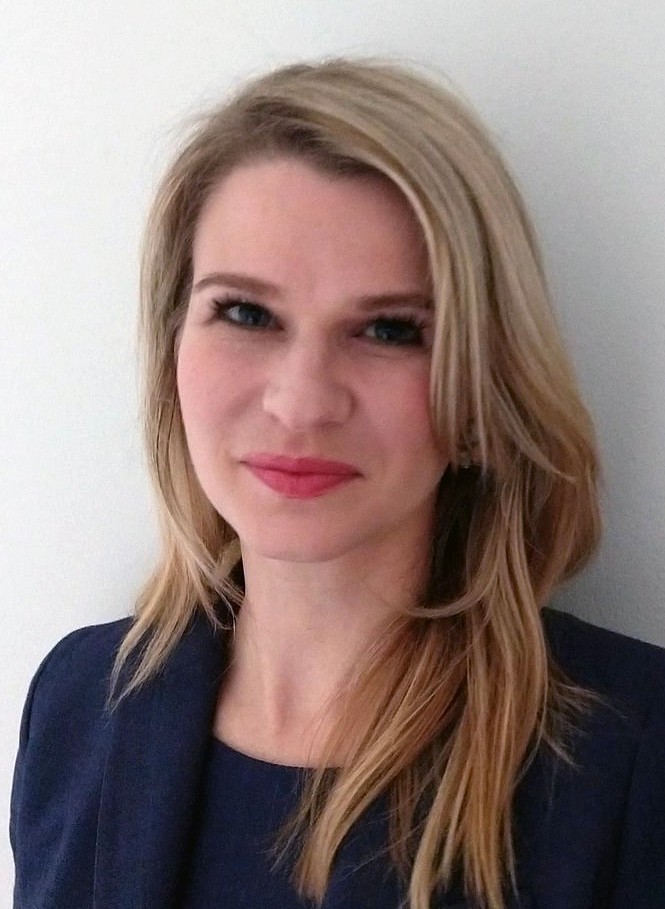Data project to support smallholder farmers with goal of ending hunger
By Samantha Hautea
How can donors best invest their money to support the world’s poorest farmers to improve productivity, support their families and end hunger across the globe by 2030?
This is the question driving Ceres2030, an initiative launched at the annual meeting of the Committee on World Food Security Oct. 15 in Rome: How can we use data now to support access to a nutritious diet for more than 820 million people who face food insecurity, while staying within our planet’s environmental limits? And what do these solutions cost?
Ceres2030 will create and deploy new tools to find and assess evidence. Launched by the International Institute of Sustainable Development (IISD) and the International Food Policy Research Institute (IFPRI), Ceres2030 is supported by a three-year, $3 million grant from the Bill & Melinda Gates Foundation and the German Federal Ministry of Economic Cooperation and Development.
“We live in an age of abundant research – and yet we don’t know how to apply it effectively to real and urgent problems,” said Jaron Porciello, co-director of Ceres2030 and associate director for International Programs’ research data engagement in Cornell’s College of Agriculture and Life Sciences (IP-CALS). “For instance, can push-pull technology [a pest-control strategy] help farmers defeat the fall armyworm, which threatens the food supply of 200 million people in 44 countries? With answers to questions like that, we can prioritize investments to help achieve zero hunger by 2030.”
Porciello has consulted with Haym Hirsh, professor of computer science, and Stefan Einarson, director of information technology at IP-CALS, on the project, which combines Cornell's strengths in digital agriculture to develop high-tech solutions to fight global hunger.
Prabhu Pingali, professor of applied economics and policy in the Dyson School, and Ronnie Coffman, professor and director of IP-CALS, serve on the project’s advisory board.
Ceres2030 will map knowledge in agricultural research, establish protocols for systematic review, create a risk-of-bias tool, and find interventions that can help end hunger. These tools will be freely available to researchers. The Cornell University Library Systematic Review Group is coordinating a global network of librarians to train authors on systematic reviews with the output of this work.
So far, Ceres2030 has processed more than 25,000 articles from 3,500 journals and major agency databases (e.g., World Bank) to see how their content addresses critical issues in agriculture.
“By using natural language processing, we are able to bypass the limitations of keywords and content categories and see into the granular conversations science is having, inside and outside the peer-reviewed agricultural literature,” Porciello said. “This, we believe, is the first time anyone is able to visualize the density and relevance of research that applies to smallholder farmers. It is the first step.”
Said Carin Smaller, co-director for Ceres2030 and senior policy adviser at IISD: “Consensus is at the core of our mission. We will work with a broad range of actors, starting with the people attending the Committee on World Food Security, to build a shared vision of what interventions work best, where they work and under what conditions.”
Farmers and policymakers need to know not just the value of interventions but the cost, said David Laborde, co-director of Ceres2030 and senior research fellow in the markets, trades and institutions division at IFPRI.
“This means we need to know the tradeoffs,” he said. “While the U.N. has issued a call to action to the world with the sustainability development goals on zero hunger, it has given us a critically important caveat: We must preserve the environment.”
Smaller called agriculture “a powerful tool to end poverty” as well as a driver of economic growth but is responsible for a quarter of global greenhouse gas emissions and almost 70 percent of freshwater use.”
Porciello notes that Ceres, the Roman goddess of agriculture, is also the goddess of common people.
“So many times, the impact of agricultural research projects that have been funded for lots of money never reaches smallholder farmers,” she said. “We’re going to change that.”
Samantha Hautea is a communications specialist with International Programs.
Media Contact
Get Cornell news delivered right to your inbox.
Subscribe

